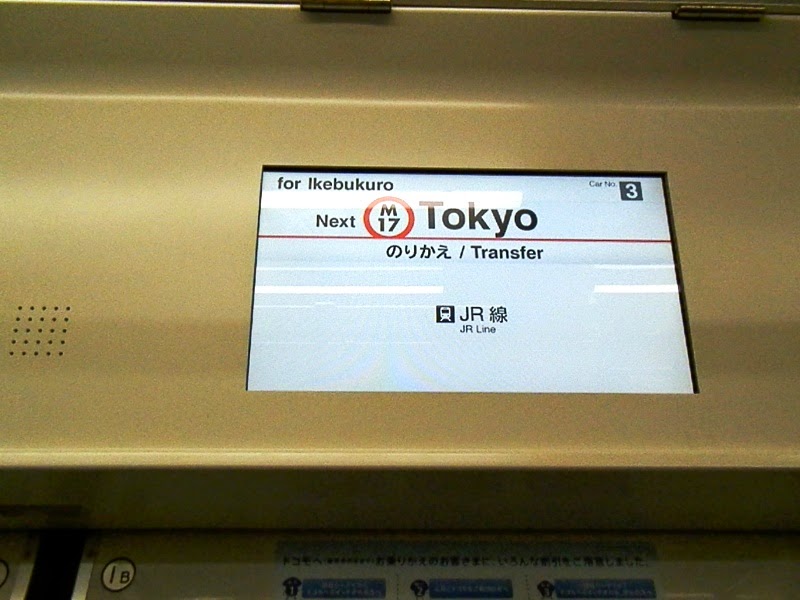Tokyo Station
Some Japanese Recluses
There are some old stories or records about Buddhist monks, including high priests, who deserted their high status or positions in temples to live like beggars, the homeless, or men of lowly occupation.
For hundreds years before the modernization of Japan, there were exceptionally such Buddhist monks. One day they suddenly stopped living as respected priests and disappeared in society.
According to a typical pattern of those stories, one day an ex-disciple of such a priest met his former teacher while he was travelling in a local place. The ex-disciple tried to talk with the old man about why he had deserted a great temple. But, the ex-high priest vanished into deep mountains or remote villages.
A religion is a way to truth and salvation of souls. However, for a religion to be accepted in society or a nation, it must compromise with noble people, politicians, wealthy people and other persons of influence. Any religion that is definitely against the worldly power will be expelled. Buddhism in Japan had been spreading among ordinary people out of the world of the nobility and getting strongly integrated into the social system and regime before the first samurai regime was established in the late 12th century.
Kamo no Chōmei (1153 or 1155–1216) was a Japanese author who wrote a book about such Buddhist monks and similar people. Chomei himself became a recluse though he was born in a family of noble class.
Chōmei's specific reasons for becoming a recluse are unclear, but a string of bad luck, specifically the death of his father and his inability to fill the position left behind by him, may have caused him to leave court life.It was akin to nihilism, but its negative attitudes were directed to ugliness and evil of established religions.
During his later life, Chōmei maintained a socio-historical perspective that was rare in court poets of the time. The accounts of chaos in the capital in the first part of Hōjōki suggest Chōmei's social interests, and he contrasts them with his peaceful life as a Buddhist in seclusion. His account coincides with the spread of Buddhism to the general populace; and his careful depictions of the natural surroundings of his hut and of the natural and social disasters in the capital form a unique microscopic and macroscopic view of life during a violent period of transition. Attention to nature and self-reflection characterize the genre of recluse literature, and Chōmei was its pre-eminent practitioner.
http://en.wikipedia.org/wiki/Kamo_no_Ch%C5%8Dmei#Life_as_a_recluse
In deed you cannot trust anything in this world, including religious bodies, except your relationship with God.
*** *** *** ***
Mat 12:19 He shall not strive, nor cry; neither shall any man hear his voice in the streets.
Mat 12:20 A bruised reed shall he not break, and smoking flax shall he not quench, till he send forth judgment unto victory.


